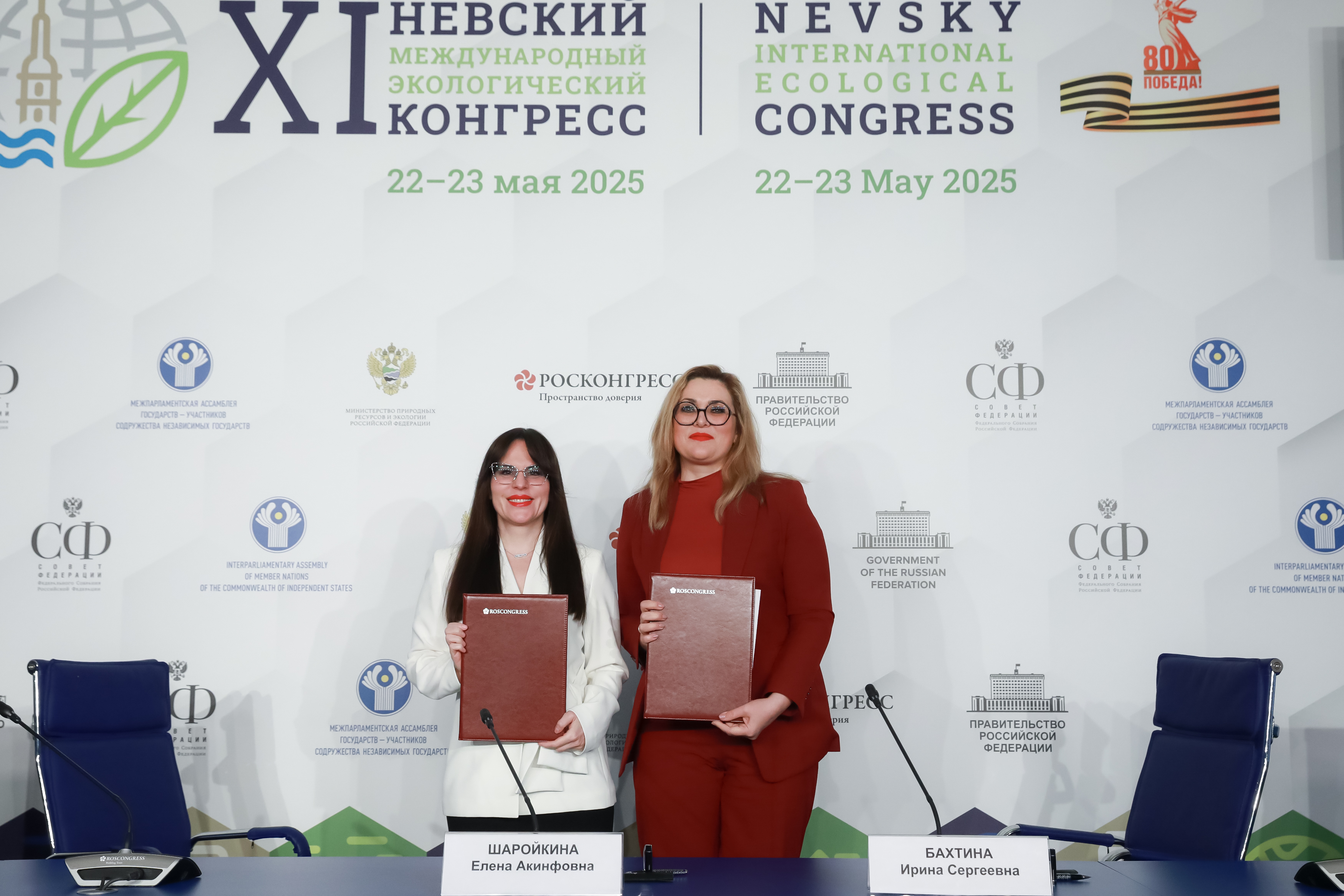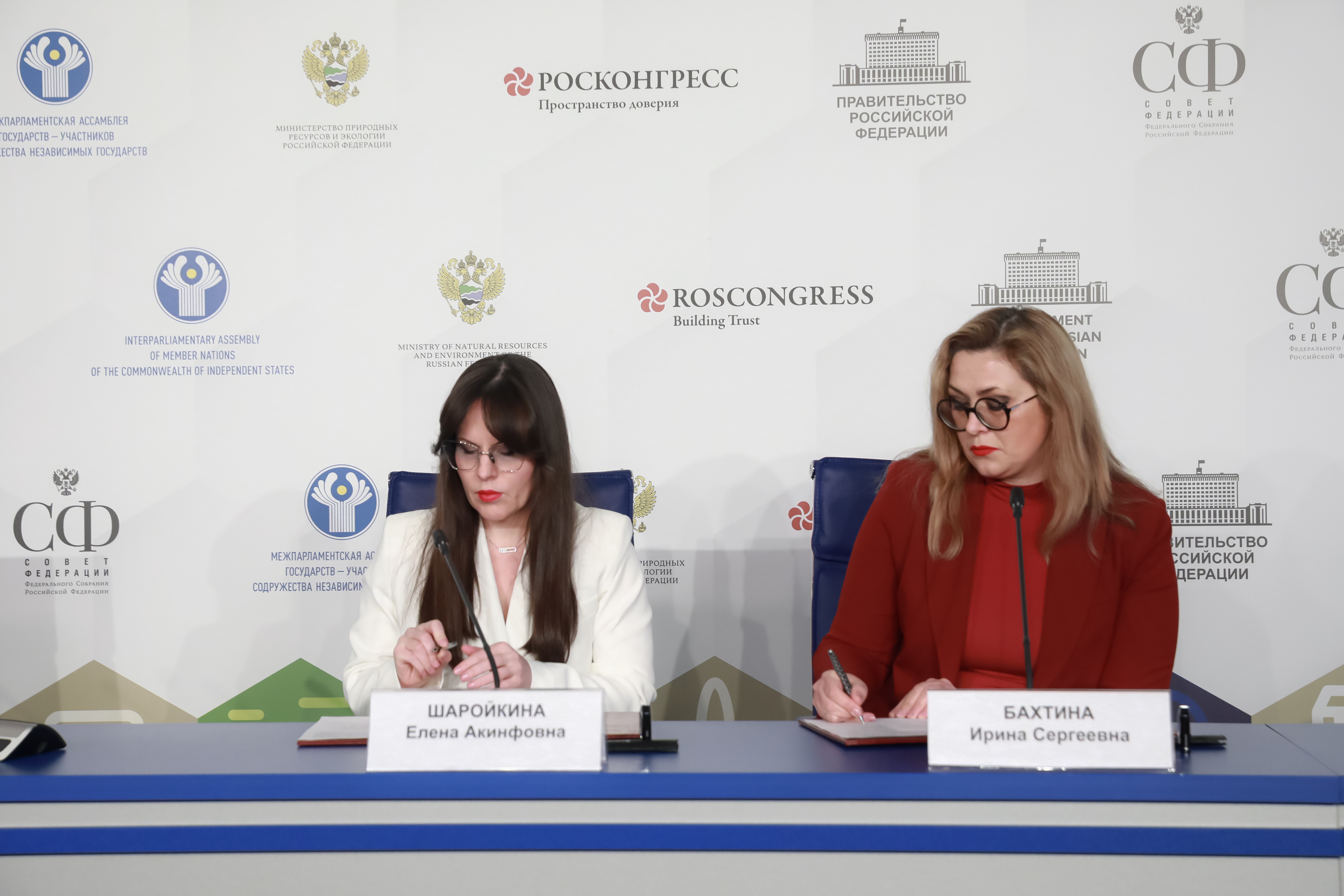
On May 22, 2025, the ESG Alliance and the UN Decade on Ecosystem Restoration National Committee signed a Memorandum outlining cooperation and mutual expert support in a range of areas. They include supporting the implementation of international biodiversity and ecosystem conservation agreements—such as the Kunming-Montreal Global Biodiversity Framework; promoting circular economy principles; integrating ESG principles and strategic environmental planning into corporate agendas; developing financial instruments and incentives to support business investment in environmental restoration projects; and creating practical tools for assessing, monitoring, and verifying the contribution of companies to ecosystem and biodiversity restoration.
“There is now a stronger demand for a fair assessment of the environmental impact of business—both negative and positive. In a challenging environment, Russian companies continue to invest tens of billions of rubles annually into new technologies, research, and projects aimed at reducing their environmental and climate footprint, preserving and restoring species populations and entire ecosystems, and supporting the national goal of “Ecological Well-Being”. Yet, we still lack methodologies and a formal framework for taking into account positive environmental impact in mandatory reporting. This gap can be addressed through joint efforts of the Alliance and the UN Decade on Ecosystem Restoration National Committee,” said Irina Bakhtina, Deputy CEO for Sustainable Development at En+ and Director for Sustainable Development at RUSAL, Chair of the ESG Alliance Supervisory Board.

The importance of collaboration on environmental impact assessment and the recognition of business contribution to biodiversity and ecosystem conservation was also emphasized by Daria Grigoryeva, Head of Sustainable Development at Polyus and a member of the ESG Alliance Supervisory Board: “Businesses are implementing a wide range of biodiversity and ecosystem services support programs—both those required by law and additional voluntary corporate initiatives. However, a comprehensive methodology to assess this work is still lacking. It's equally important that any evaluation criteria be discussed with all relevant stakeholders and recognized as evidence based. That’s exactly what we aim to develop and propose to the broader community — shared principles and criteria for meaningful, credible evaluation.”